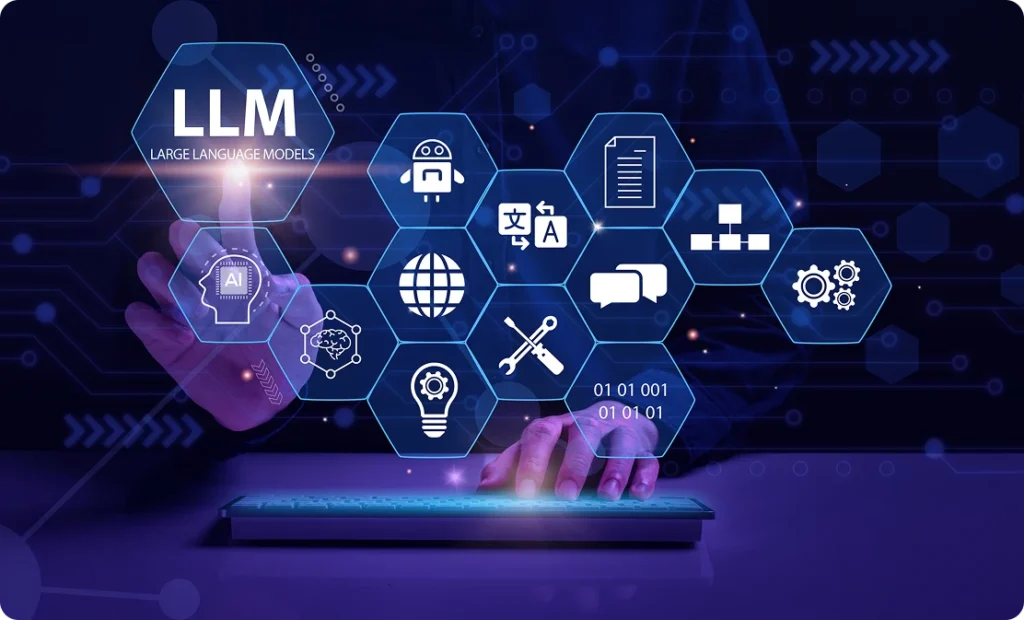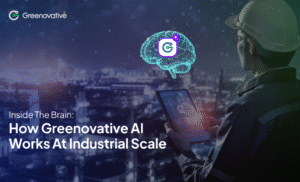Introduction
In an era of rapid technological advancements, manufacturing and industrial operations face significant challenges on the shop floor. From skill shortages to complex processes, organizations are under constant pressure to maintain productivity while optimizing costs. Generative AI Platform has emerged as a game-changer, simplifying shop floor operations and empowering operators of all skill levels to perform effectively. By automating repetitive tasks, enhancing decision-making, and democratizing knowledge, Generative AI ensures that even less experienced operators can contribute to operational excellence.
This blog explores how Generative AI is transforming shop floor operations, enabling organizations to bridge skill gaps, enhance productivity, and streamline workflows.
Challenges on the Shop Floor
The shop floor presents a unique set of operational challenges:
- Skill Shortages: High turnover rates and a shrinking pool of skilled operators and engineers make it difficult to sustain operational efficiency.
- Complex Processes: The need to operate, troubleshoot, and maintain advanced machinery often requires extensive training and expertise.
- Knowledge Silos: Critical operational knowledge is often confined to a few experienced individuals, making organizations vulnerable to knowledge loss.
- Manual Errors: Reliance on manual processes increases the risk of errors, impacting quality and productivity.
Generative AI addresses these challenges by augmenting human capabilities, ensuring that even less experienced workers can operate confidently and effectively.
How Generative AI Transforms Shop Floor Operations
- Simplifying Complex Operations
- AI-Generated Instructions: Generative AI creates easy-to-follow, step-by-step guides for operating and maintaining machinery. These guides can be customized to individual operator skill levels, reducing dependency on highly skilled personnel.
- Interactive Troubleshooting: By analyzing data from sensors and logs, Generative AI provides real-time recommendations to resolve equipment issues, minimizing downtime.
- Visual and Augmented Reality Support: AI-powered augmented reality (AR) overlays offer visual instructions for tasks such as equipment assembly, calibration, or repair.
- Democratizing Knowledge
- Automated Knowledge Capture: Generative AI captures and documents best practices, ensuring institutional knowledge is preserved and accessible.
- On-Demand Training: AI-generated training modules simulate operational scenarios, enabling new hires to learn quickly and effectively.
- Real-Time Assistance: AI chatbots and virtual assistants provide instant answers to operational queries, empowering workers to make informed decisions.
- Enhancing Decision-Making
- Predictive Analytics: Generative AI leverages historical data to predict potential issues, enabling proactive maintenance and reducing unplanned downtime.
- Dynamic Resource Allocation: AI optimizes resource allocation, such as energy and materials, to align with production schedules.
- Anomaly Detection: AI continuously monitors operations, flagging anomalies and recommending corrective actions before they escalate.
- Streamlining Repetitive Tasks
- Automating Documentation: Generative AI automates report generation for maintenance logs, production performance, and compliance requirements.
- Quality Control Automation: AI inspects products in real-time, identifying defects with higher accuracy than manual inspections.
- Workflow Optimization: AI suggests process improvements by analyzing workflow bottlenecks and optimizing task sequencing.
Benefits for Shop Floor Teams
Generative AI brings transformative benefits to shop floor teams:
- Empowering Less Skilled Operators: Simplifies operations and provides real-time guidance, enabling less experienced workers to perform confidently.
- Minimized Downtime: Predictive insights and automated troubleshooting reduce delays caused by equipment failures.
- Increased Productivity: By automating repetitive tasks, workers can focus on higher-value activities.
- Improved Knowledge Retention: Capturing and sharing operational knowledge ensures continuity despite team of operators and engineers turnover.
Case Study: Generative AI in Action
A leading automotive manufacturer implemented Generative AI on its shop floor to address skill gaps and operational inefficiencies. Key results included:
- A 25% reduction in downtime due to AI-powered predictive maintenance.
- A 30% improvement in onboarding speed for new hires through AI-generated training modules.
- Significant cost savings by automating quality inspections and reducing material waste.
Challenges and Considerations
While Generative AI offers immense potential, organizations must navigate certain challenges:
- Integration with Existing Systems: Retrofitting AI into legacy systems requires investment and expertise.
- Data Quality and Availability: High-quality data is essential for AI to generate accurate insights and recommendations.
- Change Management: Encouraging workers to adopt AI tools requires training and clear communication of benefits.
- Cybersecurity Risks: Increased reliance on AI-driven systems necessitates robust cybersecurity measures.
Conclusion: Generative AI as a Shop Floor Enabler
Generative AI represents a paradigm shift in shop floor operations, empowering organizations to overcome workforce challenges, improve productivity, and achieve operational excellence. By simplifying complex tasks, democratizing knowledge, and automating workflows, Generative AI ensures that shop floors remain efficient and resilient, regardless of workforce skill levels.
For leaders, the time to act is now. Embracing Generative AI not only prepares organizations for the future of work but also positions them as pioneers in operational innovation.
Are you ready to transform your shop floor? Click here to schedule a demo or contact our sales team to learn more.
























